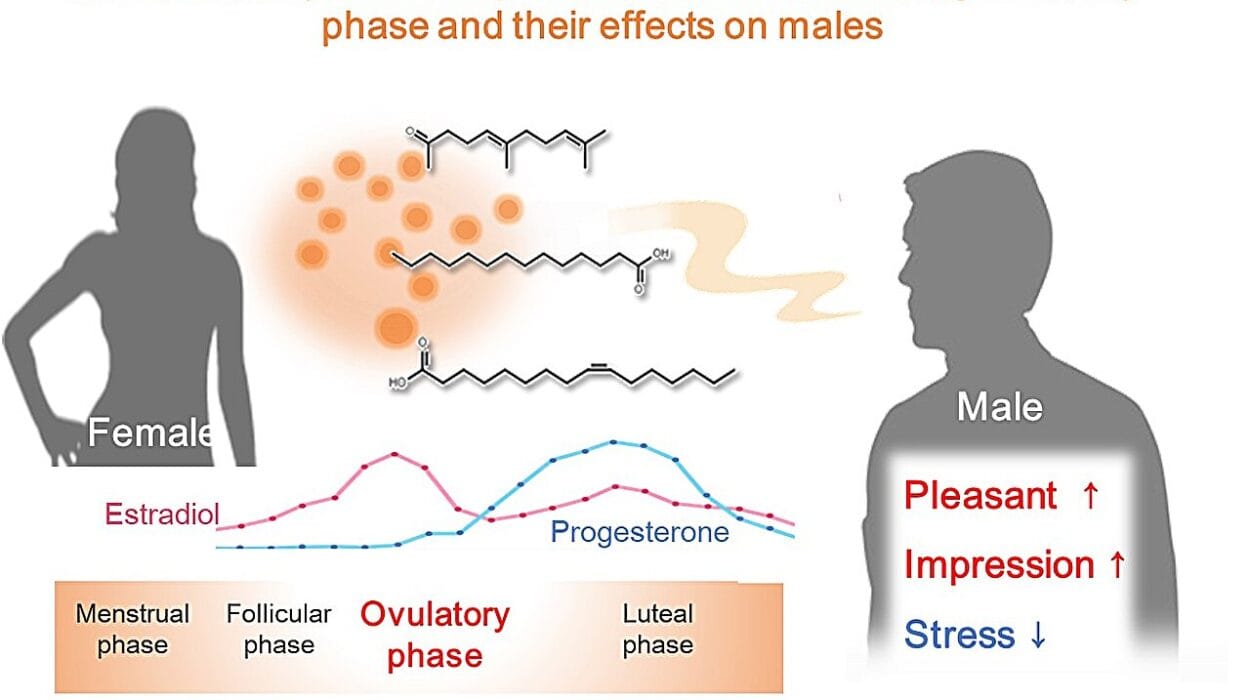You’ve stepped on the scale, and for the first time in a long time, it shows the number you’ve been working toward. Your clothes fit better, your energy has returned, and compliments are flowing in. You’ve done it—you’ve lost the weight. But now comes the part nobody talks about enough: keeping it off.
Weight loss is a triumph, but weight maintenance is a lifelong pursuit. Studies show that the vast majority of people who lose weight eventually regain it—often with a few extra pounds for good measure. That doesn’t mean lasting weight maintenance is a myth; it means it requires a different mindset, new habits, and a shift from short-term discipline to long-term resilience.
This article dives deep into the science, psychology, and strategies of weight maintenance. It’s not about fear of failure or falling off the wagon—it’s about building a new normal that honors the work you’ve done, protects your progress, and supports your health for years to come.
Why Maintenance Is So Hard: The Body’s Secret Sabotage
After weight loss, your body undergoes a series of biological changes that work against you. Metabolism slows down. Hunger hormones like ghrelin increase, while satiety hormones like leptin decrease. Your body doesn’t recognize weight loss as success—it interprets it as a threat to survival.
This biological backlash is why many people feel hungrier, more tired, and more food-obsessed after reaching their goal weight. It’s not weakness; it’s physiology. Understanding that your body may try to regain lost weight helps you prepare for the fight—one that’s more about smart habits and sustainable lifestyle changes than white-knuckled willpower.
Letting Go of the “Finish Line” Mentality
One of the biggest pitfalls in weight maintenance is the idea that the journey is over. Many people see weight loss as a sprint to a finish line. Once they hit their goal, they celebrate—and often resume old habits.
But weight maintenance isn’t a phase. It’s a forever thing. That doesn’t mean you have to live in diet mode for life. It means learning to shift from a mindset of “losing” to “living.” The strategies that helped you lose weight may need to be adapted—not abandoned—to support a sustainable lifestyle.
Instead of focusing on restriction and urgency, maintenance is about balance and consistency. It’s a slow burn rather than a race. The key is creating a way of eating and moving that feels like a natural part of your life—not a temporary struggle.
Building a New Identity: You Are Not Who You Were
After weight loss, you’re not just physically different—you’re psychologically transformed. But that new identity can feel fragile. Many people still think of themselves as overweight, unhealthy, or undisciplined. These self-perceptions can quietly undermine your maintenance efforts.
To maintain your weight, you must also maintain your identity as a healthy person. This means reinforcing new habits until they feel automatic. It means catching and challenging old thought patterns like, “I’ve always failed before,” or “I don’t have the discipline to keep this up.”
Identity-based behavior is powerful. If you believe you’re a healthy person, you’ll act in alignment with that belief. You’ll make choices that reflect it. Maintenance requires you to step fully into this new version of yourself—and to stop seeing your old self as inevitable.
Rethinking the Scale: Friend, Foe, or Feedback?
For some, the scale is a valuable feedback tool. For others, it’s a source of anxiety and obsession. In maintenance, the scale can serve as a gentle check-in—a way to catch small gains before they spiral. But it shouldn’t be your only measure of success.
Weight naturally fluctuates due to hydration, hormones, sodium, and other factors. A single number doesn’t define your progress or your worth. Consider using a combination of tools: how your clothes fit, your energy levels, your fitness markers, and even photographs can all help paint a fuller picture.
For some, weighing in weekly or biweekly keeps them accountable without triggering obsession. For others, ditching the scale and trusting habits is more sustainable. The best approach is the one that supports your mental health while keeping you engaged with your goals.
Nutrition That Sustains, Not Restricts
In weight maintenance, nutrition shifts from deficit to balance. You no longer need to eat fewer calories than you burn—instead, you need to eat enough to maintain your new body and energy levels without drifting back into surplus.
This is where many people get lost. They either continue restricting and feel deprived, or they overindulge, thinking they’ve “earned” it. The answer lies in finding your maintenance calorie range—a flexible window that supports your lifestyle and keeps your weight stable.
Quality still matters. Whole, nutrient-dense foods should make up the foundation of your diet. Fiber, protein, healthy fats, and complex carbs not only nourish your body—they keep you satisfied and help regulate hunger hormones. But maintenance also means room for treats, celebrations, and social eating—without guilt.
Portion awareness, hunger cues, and mindful eating become crucial tools. You’re no longer chasing a number—you’re maintaining a lifestyle. It’s less about restriction, and more about rhythm.
Exercise: A New Relationship With Movement
During weight loss, exercise is often seen as a calorie-burning tool. But in maintenance, it becomes something richer: a stabilizer, a mood enhancer, and a powerful predictor of long-term success.
Studies show that people who maintain weight loss over the long haul tend to engage in regular physical activity. This doesn’t mean hours at the gym. It means finding movement that feels good, fits your life, and becomes a habit.
Exercise helps regulate metabolism, build muscle (which increases calorie burn), and manage stress. It reinforces your identity as a healthy person. Whether it’s walking, yoga, strength training, cycling, or dancing, the best exercise is the one you’ll keep doing.
Consistency matters more than intensity. Make movement non-negotiable—not a punishment, but a part of your self-care routine.
Sleep and Stress: The Silent Saboteurs
If nutrition and exercise are the pillars of maintenance, sleep and stress management are the hidden foundation. Poor sleep and chronic stress can trigger hormonal changes that lead to weight gain, increased appetite, and poor decision-making.
Sleep deprivation disrupts leptin and ghrelin—the hormones that regulate hunger and fullness. It also increases cortisol, the stress hormone that promotes fat storage and sugar cravings. You might be eating perfectly and working out daily, but if you’re chronically sleep-deprived and stressed, your body may still resist maintenance.
Prioritize 7–9 hours of sleep per night. Create a wind-down routine, limit screen time before bed, and protect your rest as fiercely as your workouts.
For stress, develop coping mechanisms that don’t involve food. Meditation, deep breathing, journaling, time in nature, and even talking to a therapist can help. Stress will happen—what matters is how you handle it.
The Role of Routine and Ritual
One of the most effective ways to maintain weight loss is to establish routines and rituals that support your goals. Habits remove decision fatigue. They create structure and predictability, which reduces the chance of slipping into old patterns.
Start your day with intention: a healthy breakfast, movement, hydration. Plan your meals, stock your fridge, and make grocery shopping a habit, not a chore. Create nighttime rituals that promote relaxation and sleep.
Social rituals also matter. If Friday night used to mean pizza and binge-watching, create a new version—perhaps a homemade healthy version of your favorite meal followed by a relaxing walk or movie. Rituals anchor behavior. They give your new lifestyle emotional significance.
Staying Mindful and Present
Weight maintenance doesn’t require perfection—it requires presence. Mindfulness helps you stay connected to your body’s needs, your emotional state, and your goals. It means checking in rather than checking out.
Mindful eating is a powerful tool here. Pay attention to hunger and fullness cues. Eat without screens. Chew slowly. Savor your food. These small acts reconnect you to your experience of eating, reducing overeating and increasing satisfaction.
Emotional mindfulness is equally important. Know your triggers—stress, sadness, boredom, celebration. Learn to respond rather than react. Maintenance is as much about emotional awareness as it is about physical behavior.
Building a Support System That Lifts You Up
No one succeeds in a vacuum. Surrounding yourself with people who support your lifestyle is one of the most powerful things you can do for long-term weight maintenance. Whether it’s a partner, friend, online community, or coach, support provides accountability, encouragement, and perspective.
Don’t be afraid to share your journey. Let people know what you’re working toward. Ask for help when you need it. And if certain relationships threaten your progress—friends who push food on you, or family members who mock your healthy choices—set boundaries with love and clarity.
Celebrating wins, sharing struggles, and staying connected helps prevent isolation and burnout. You’re not alone—and you don’t have to be.
Handling Setbacks and Plateaus with Grace
Maintenance is not a straight line. You will face setbacks. You will regain a few pounds now and then. You’ll fall into old habits, skip workouts, or overeat at a party. This is not failure—it’s part of the journey.
The key is how you respond. Don’t let a slip become a spiral. One indulgent weekend doesn’t undo months of progress. Get curious, not critical. What triggered it? How did you feel? What can you do differently next time?
Develop a plan for maintenance “emergencies.” Maybe it’s a week of meal planning, a daily walk, or journaling your feelings. These gentle resets can bring you back to center without guilt or punishment.
Progress, not perfection. Grace, not shame.
Maintenance Mindset: Joy Over Judgment
Perhaps the most beautiful thing about weight maintenance is this: you’ve already proven you can do hard things. You’ve changed your body, your habits, and your mindset. Now it’s time to enjoy the fruits of that labor—not to live in fear of regaining weight, but to live in celebration of your new normal.
Let your maintenance lifestyle be joyful. Discover new recipes. Explore movement you love. Create routines that nourish you. Embrace your strength, resilience, and self-respect.
When you choose love over fear, curiosity over criticism, and joy over judgment, you create a life where maintenance isn’t a burden—it’s a blessing.
Conclusion: The Rest of Your Life Starts Now
Losing weight is an incredible achievement. But keeping it off—that’s the real masterpiece. It requires not just a smaller body, but a stronger mind. A shift from short-term effort to lifelong intention. A commitment to self-care, not self-punishment.
Weight maintenance isn’t about being perfect every day. It’s about showing up more often than not. About learning from your stumbles and celebrating your victories. It’s about living in alignment with your values—and honoring the body that carries you through life.
The journey doesn’t end here. It evolves. And with the right tools, mindset, and support, you can walk this path not with fear of falling, but with the quiet confidence of someone who knows who they are—and who they want to be.






